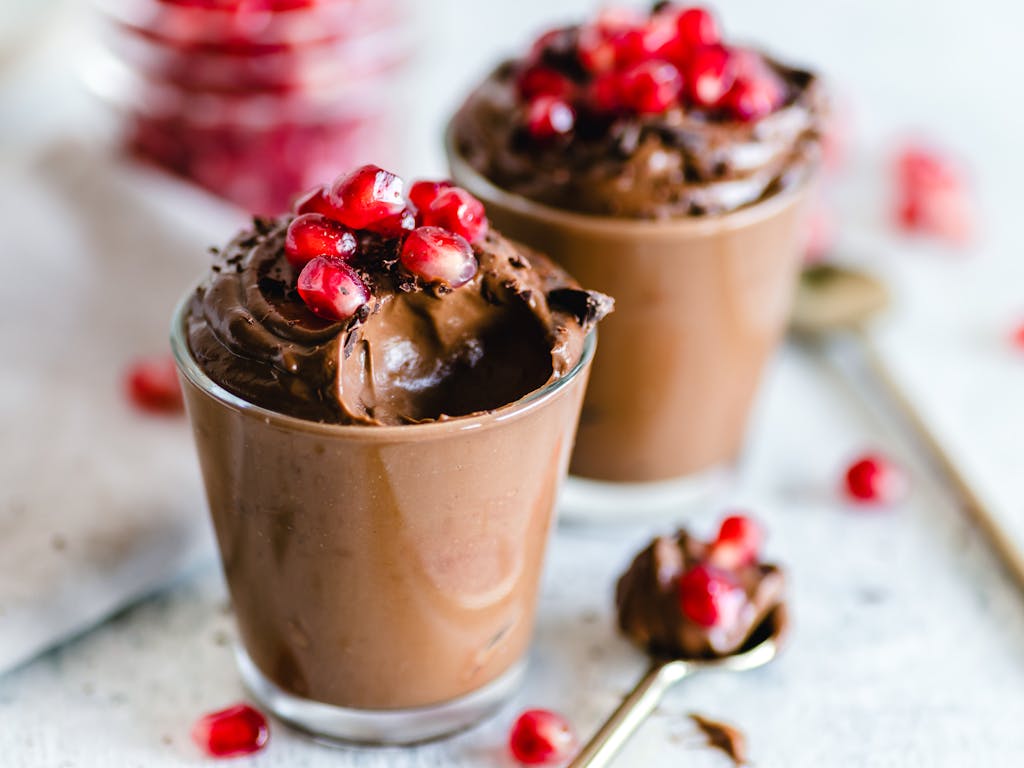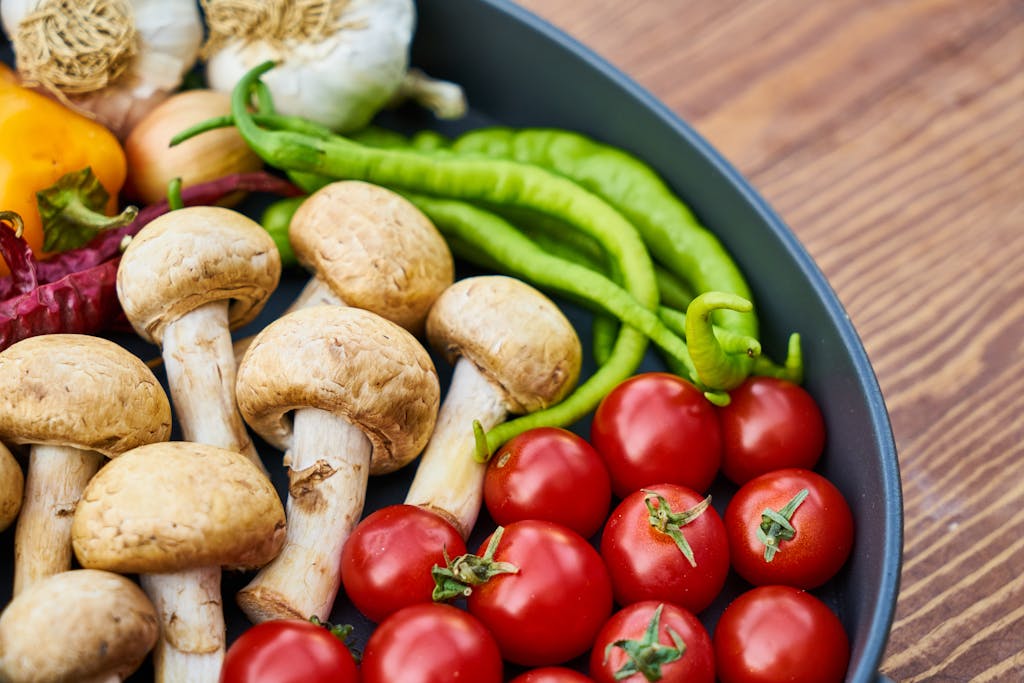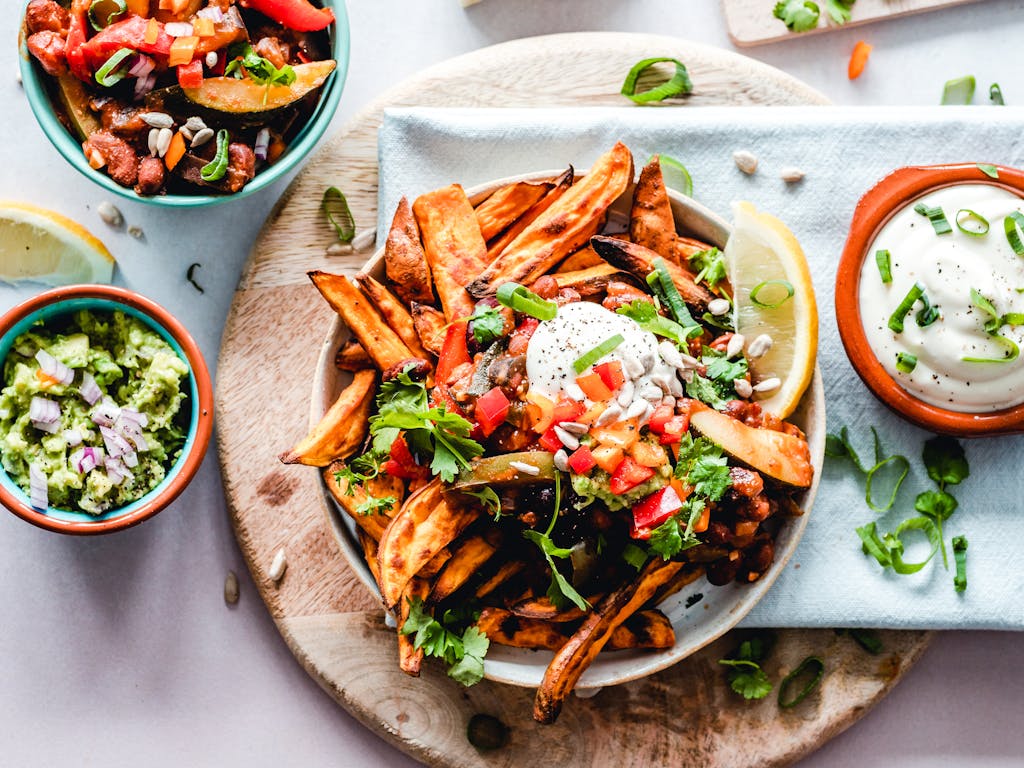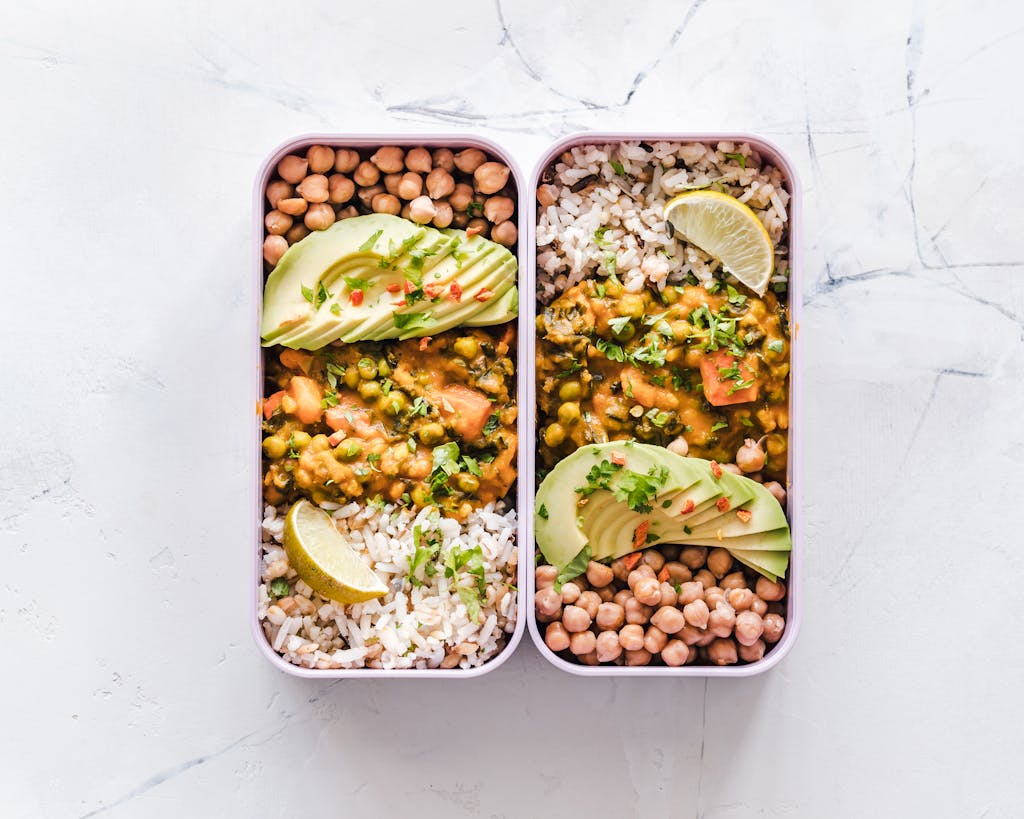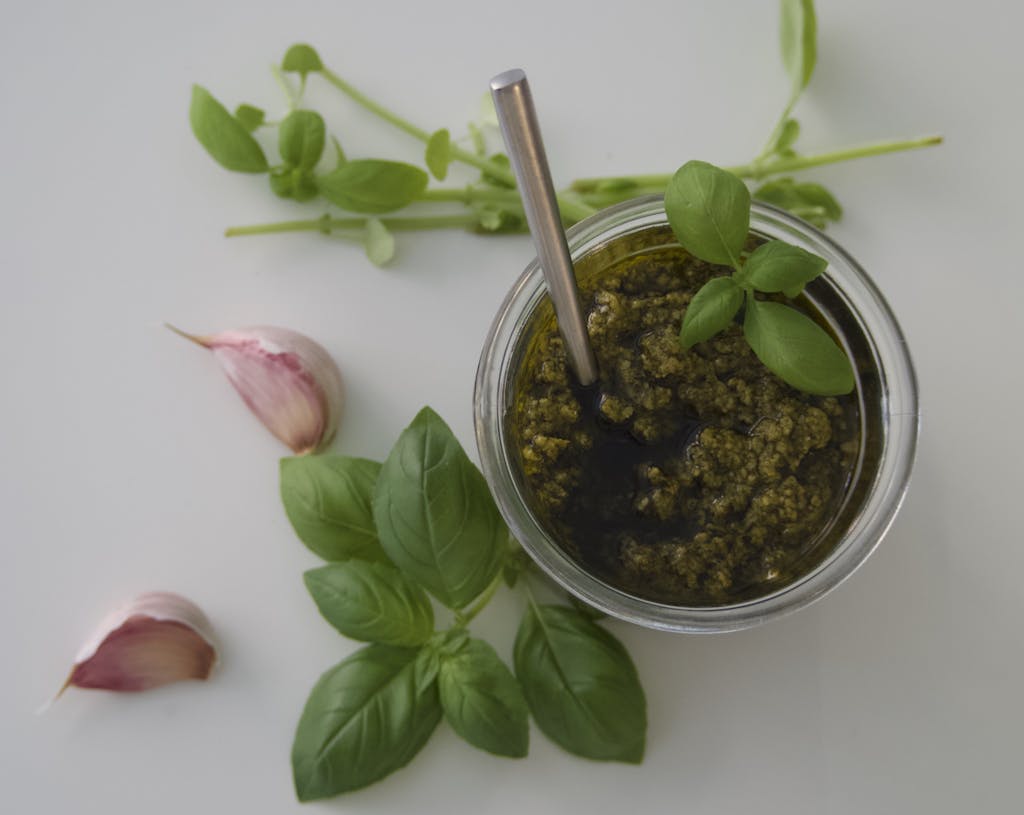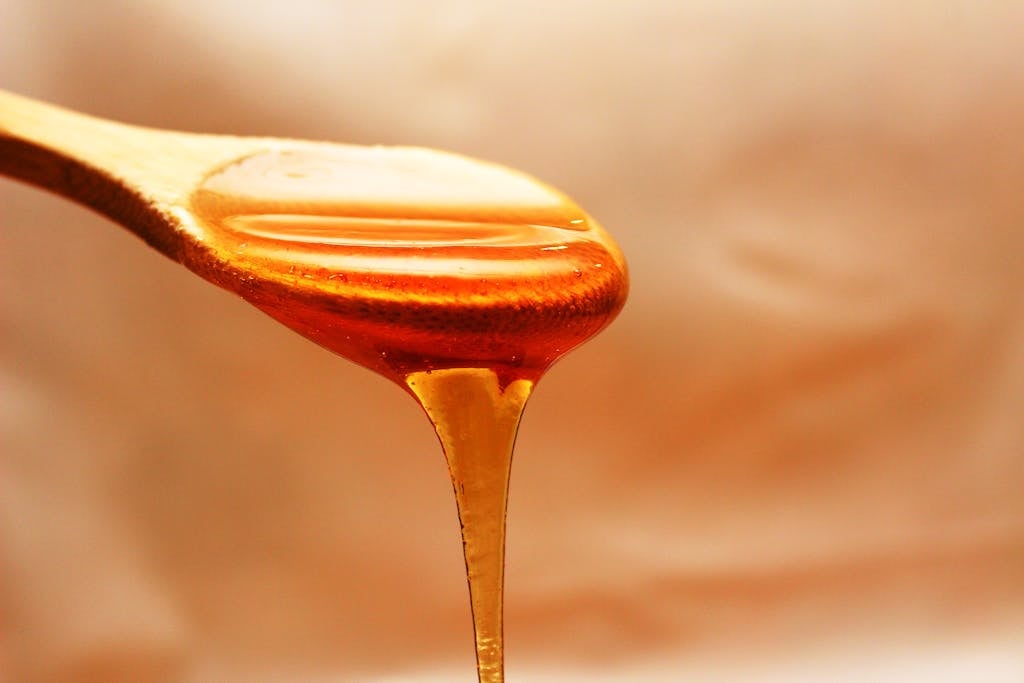
The question of whether honey is considered vegan is the subject of much debate, both inside and outside the vegan community.
The answer: It depends on who you ask.
While some vegans consider honey an ethical sweetener, most, especially those who are vegan because of animal rights concerns, believe that consuming honey goes against the principles of veganism. Here at Ayurvega, we believe honey is not vegan.
Why Don’t Most Vegans Eat Honey?
At its core, veganism is a lifestyle that seeks to minimize harm to animals. This includes not using animal products for food, clothing, entertainment, or any other purpose.
Because honey is produced by bees, most vegans avoid it, as its production may cause suffering and exploitation.
Now, this hasn’t always been the stance on whether or not to consume honey. In fact, the Vegan Society, the group that started the modern vegan movement in 1944, has debated and changed its opinion on consuming honey several times over the decades.
Today, you’ll find that most vegans consider honey off limits, and opt for a substitute. How honey is sourced and produced plays a major part in why.
How Honey is Made
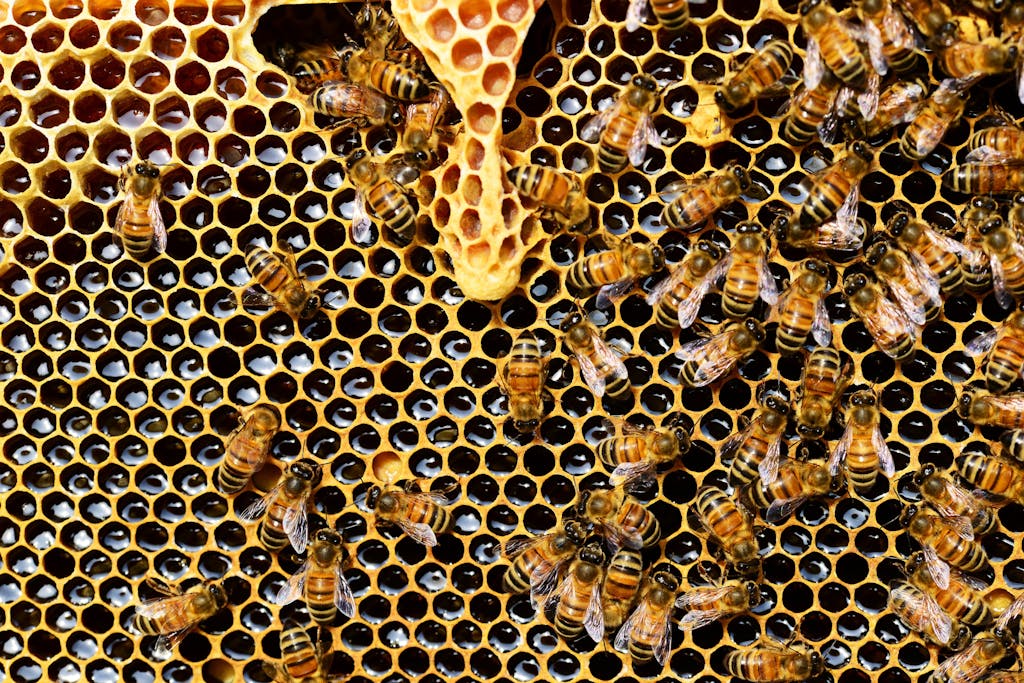
Honey bees collect nectar from flowers, which they then bring back to their hive and process into honey. It’s basically their way of preserving food for the future – in case times get hard, and there’s little nectar available.
Beekeepers harvest this honey by removing the honeycomb from the hive and extracting the honey. They often replace it with sugar water as a substitute food source.
Given the challenges honeybees face from Colony Collapse Disorder (CCD) and other issues, human interference could possibly be doing irreparable harm to the world bee population.
The Two Sides of the Honey Debate
Those in favor of consuming honey argue that beekeeping practices vary widely, and that it’s possible to harvest honey in a way that minimizes harm to the bees. They believe that responsible beekeeping can support and replenish bee populations and contribute to pollination efforts. This is important to consider, as insect pollination is essential for agriculture and the health of ecosystems all over the world.
On the other hand, those against honey consumption point to the fact that beekeeping practices often involve the manipulation and exploitation of bees for human profit. Practices like queen bee manipulation, wing clipping, and the killing of drones (male bees) interfere with the natural progression of a hive.
Do humans have a right to interference in such a way?
Is It Vegan? A Question of Personal Ethics
Ultimately, you must decide whether you consider vegan based on your own values and beliefs. If you choose to remove it from your diet, there are many alternative sweeteners like maple syrup, agave nectar, or date syrup.
The Wrap Up
In conclusion, the question of whether honey is vegan is complex and multifaceted. While honey may be a natural sweetener produced by bees, its production raises ethical concerns for vegans.
By educating ourselves about the honey industry and considering the implications of honey consumption, we can make informed choices that align with our values and contribute to a more compassionate world for all beings.
